China plans to ramp up research into substitutes for rare and endangered traditional Chinese medicine materials derived from animals or plants — including the pangolin, the antelope and the Chinese caterpillar fungus — to cope with a deepening shortage, according to a notice released recently.
The notice jointly released by the National Medical Products Administration and the National Administration of Traditional Chinese Medicine said that precious TCM ingredients have become increasingly scarce or have gone extinct due to climate change, shifts in species' living environments and their decreasing adaptive capability.
Depleted resources will not only hinder China's ability to meet the medical demands of the public, but also stifle innovation, inheritance and the sustainable development of the TCM industry, the notice said.
"At present, neither nurturing them in the wild nor artificially breeding them could resolve the issue of tight supply in the short term," it added. "It is now urgent to carry out in-depth scientific research into rare and endangered TCM materials, determine and clarify pharmacologically active components and begin developing or looking for their alternatives to help satisfy clinical demands, protect wild animals and plants on the brink of extinction and ensure the effectiveness of TCM drugs."
To spur research in the field, the notice lays out a series of measures, including integrating related research topics into national projects and deepening cooperation between companies, research institutions and universities to accelerate commercialization and the wide application of research results.
The notice also clarifies research registration channels and calls for expedited efforts to devise technical guidelines.
It requires drug regulators to streamline and speed up market registration procedures of alternative products while strengthening quality supervision, and collect data to facilitate the management of such products.
The number of rare or endangered TCM materials made from animals or plants — meaning species included in the nation's list of key protected wild animals, key protected wild plants and China's red book on medicinal plants — is estimated to be around 280, according to experts.
Materials highlighted in the notice include pangolin scales, antelope horns, cow bezoar, bear bile and Chinese caterpillar fungi.
Medicinal use of pangolin scales to treat a variety of conditions such as lactation or arthritis has threatened to push the animal to extinction. As part of efforts to strengthen protection, China excluded pangolin scales from its list of approved traditional medicines in 2020.
Declining stockpiles of Chinese caterpillar fungi — a TCM ingredient growing in high, cold regions that is associated with boosting immunity and offers a series of health benefits — have long drawn attention from experts and authorities. A media report released by Xinhua News Agency in 2015 quoted an expert as saying that the altitude of the plant's gathering area rose from 3,500 meters to 4,500 meters over the past two decades, and the average number of fungi per square meter has decreased from 30 to 1.5.
Progress has been made in creating some alternatives to natural ingredients. One of the earliest achievements was the development of artificial deer musk in 1994, which later prompted the formation of national standards and large-scale manufacturing.
Yu Shishan, a researcher at the Chinese Academy of Medical Sciences' Institute of Materia Medica who was involved in the research, said in an interview with People's Daily that the price of artificial musk was about 60,000 yuan ($8,400) per kilogram, much lower than wild musk that is sold at several million yuan per kilo.
"More than 99 percent of TCM medicines containing musk now use artificial substitutes," he said. "Artificial musk has helped address a longstanding shortage of the material, and 30 years of its use have attested to its effectiveness."








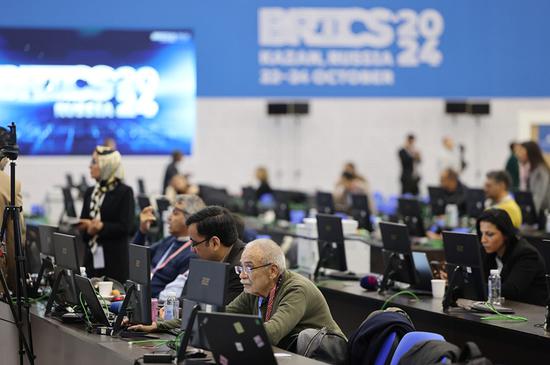
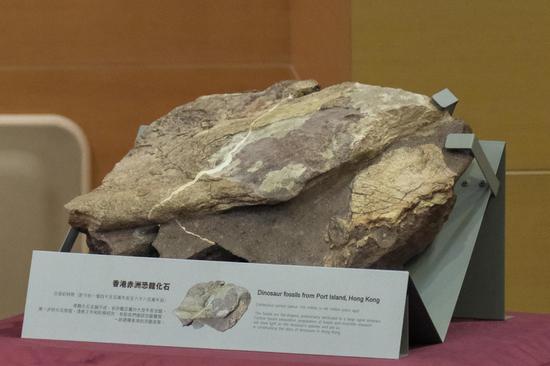

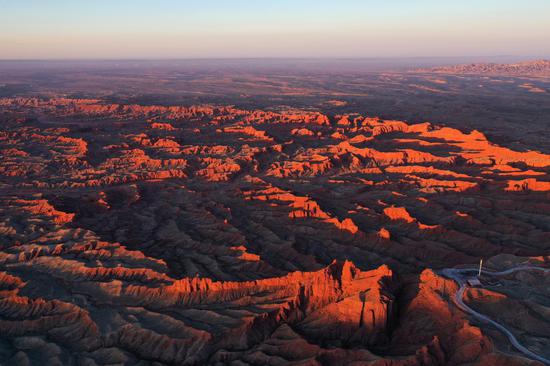




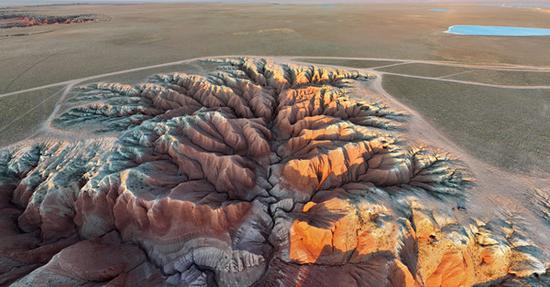


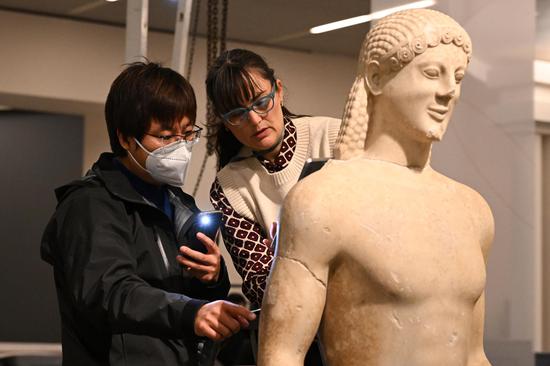


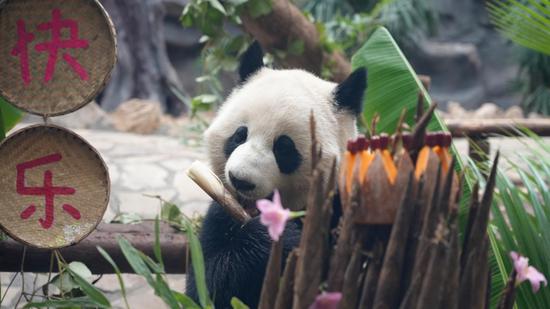
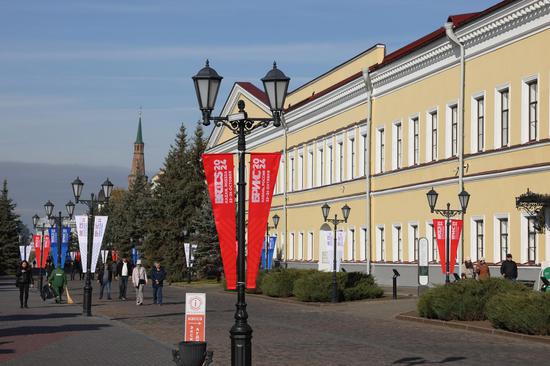

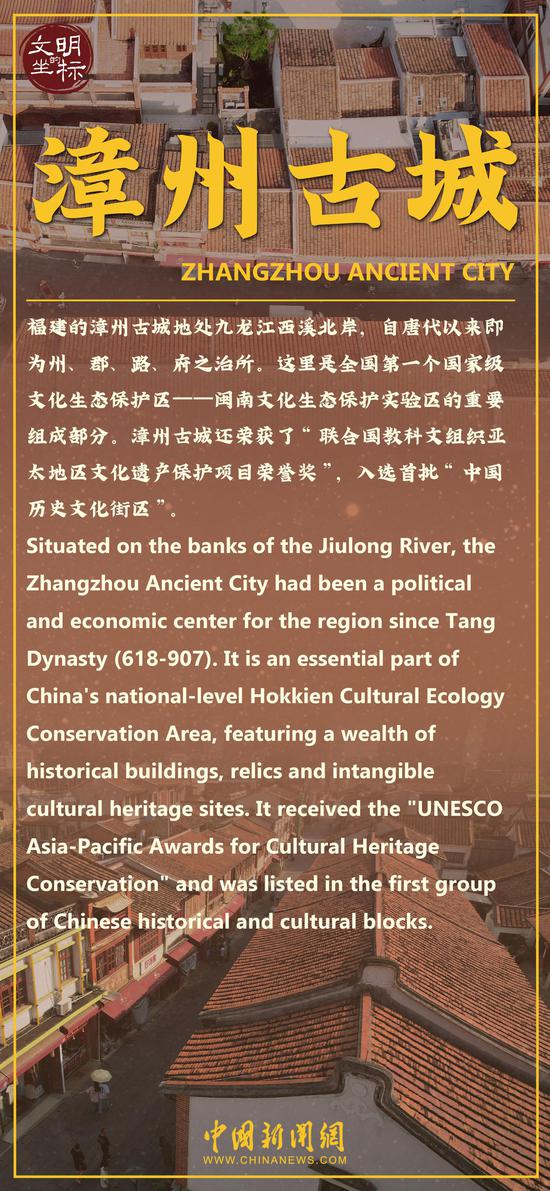
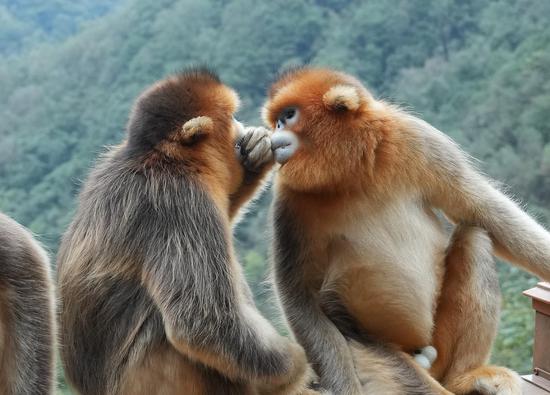
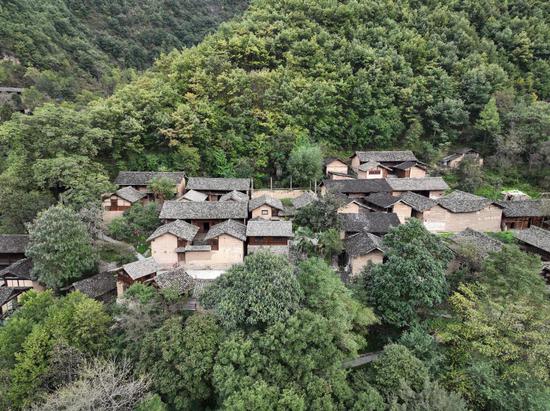
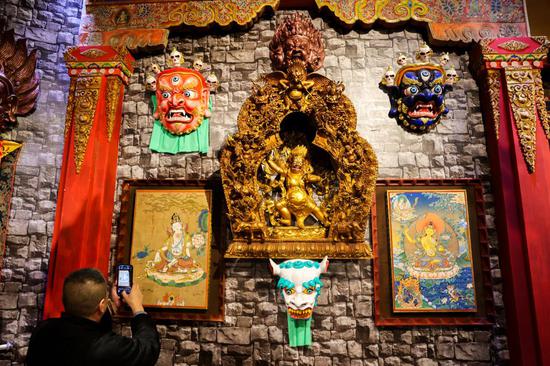

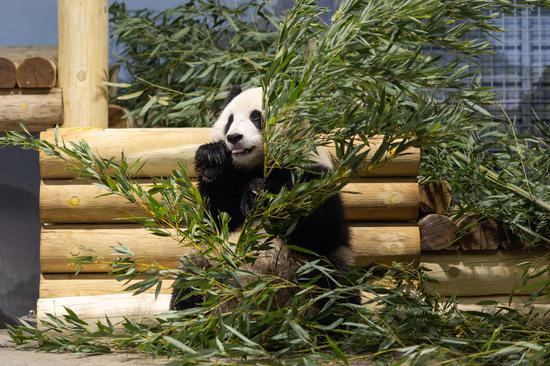

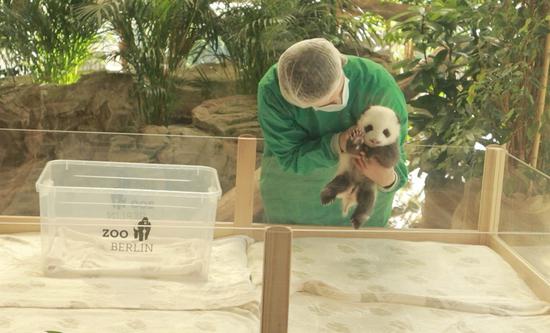






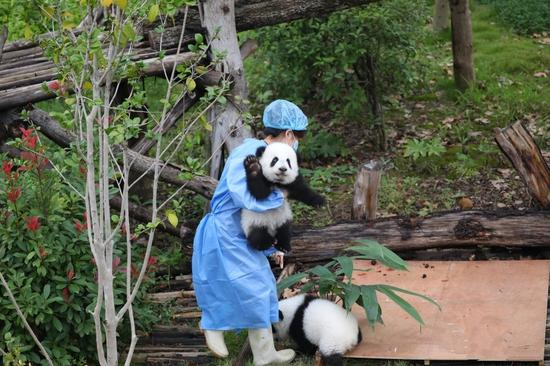


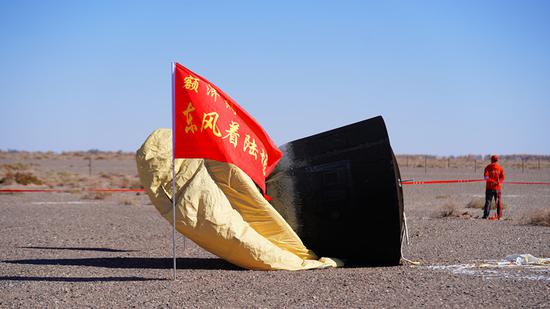
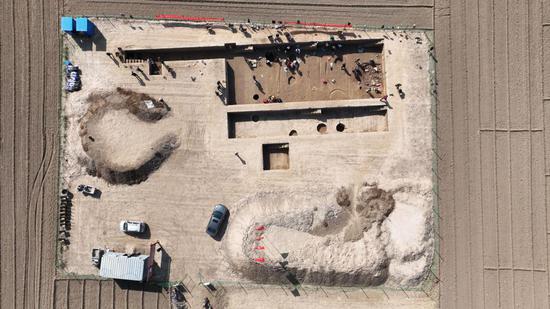






 京公网安备 11010202009201号
京公网安备 11010202009201号
